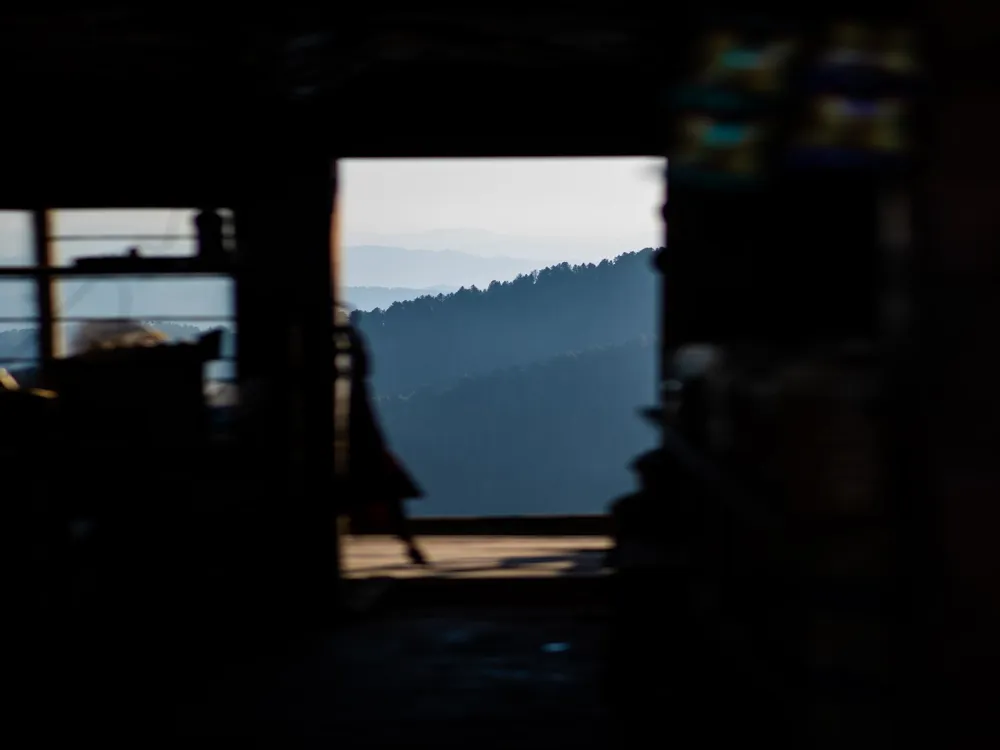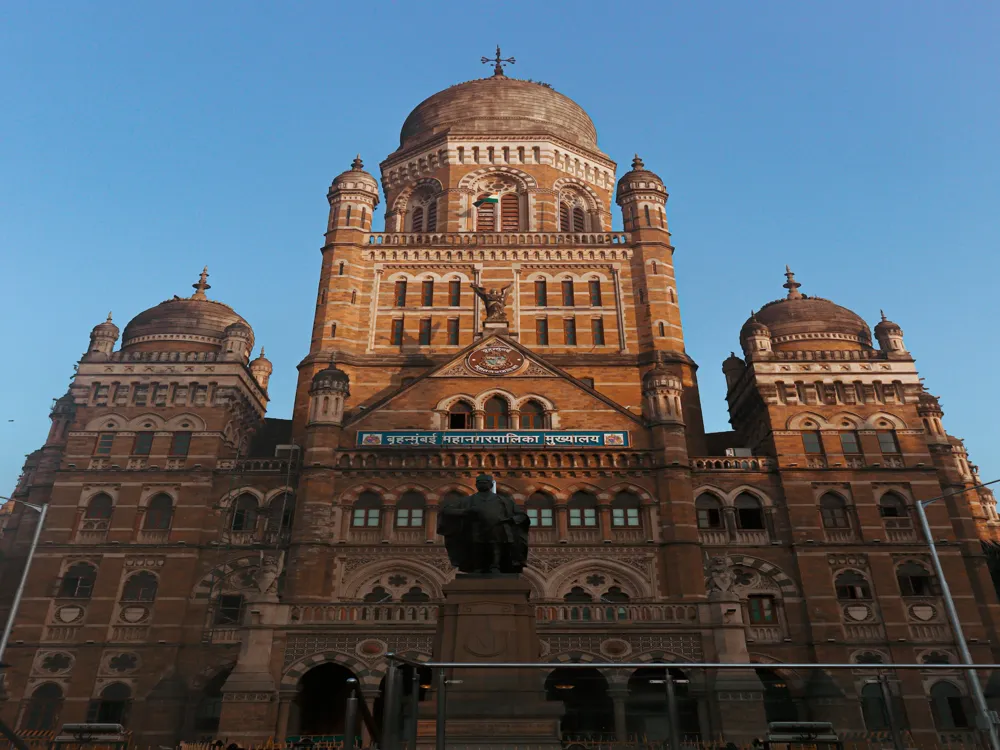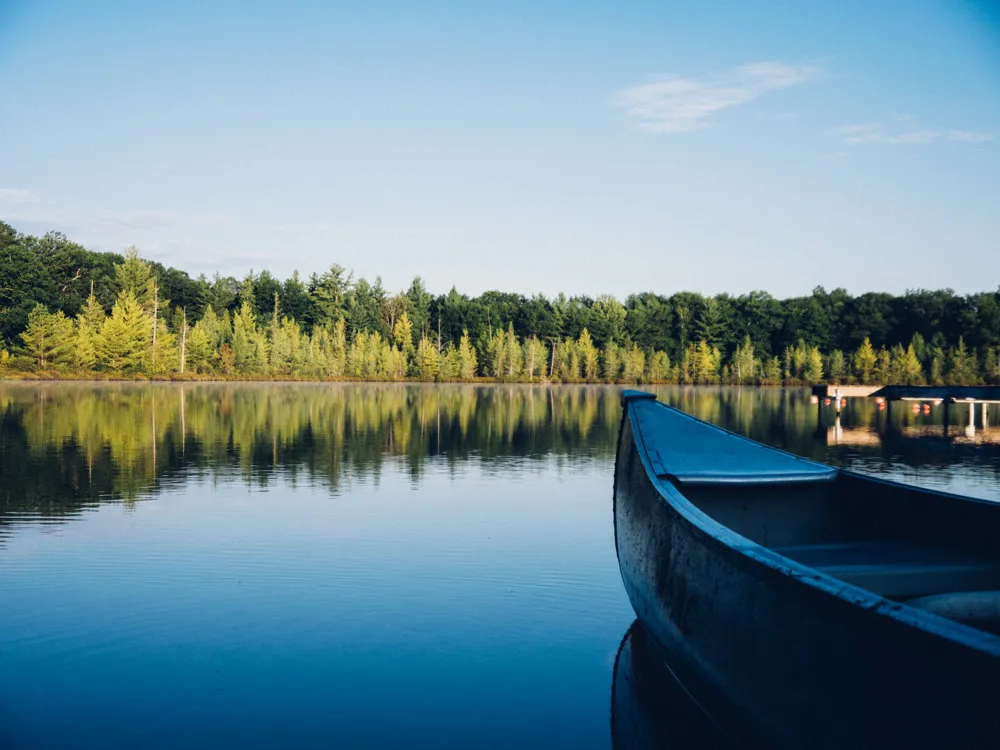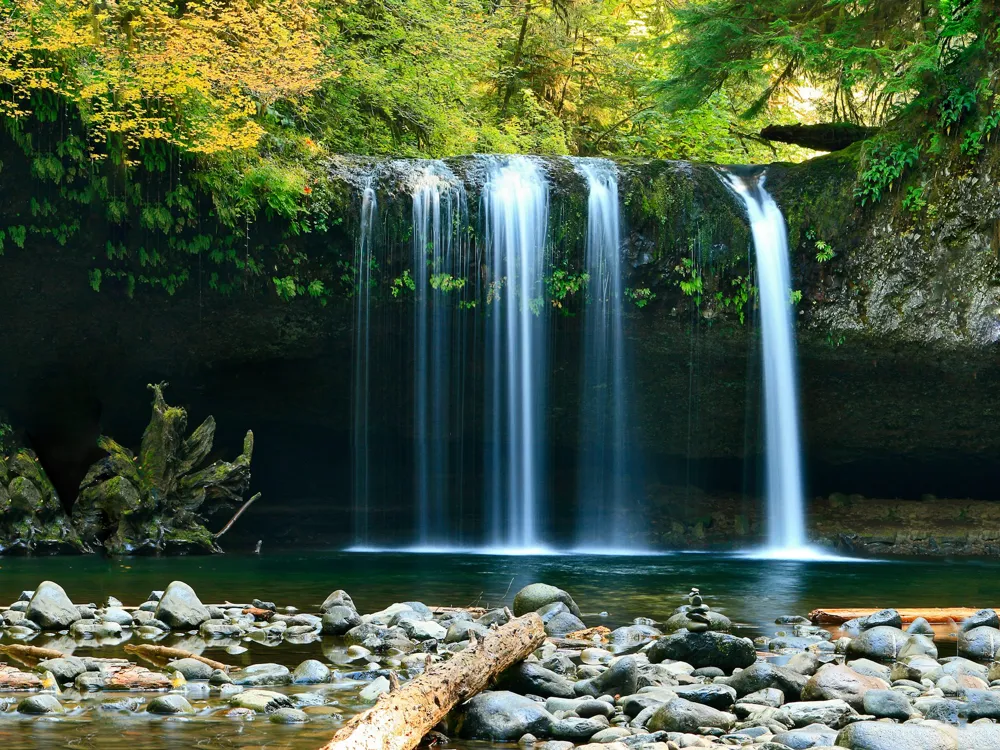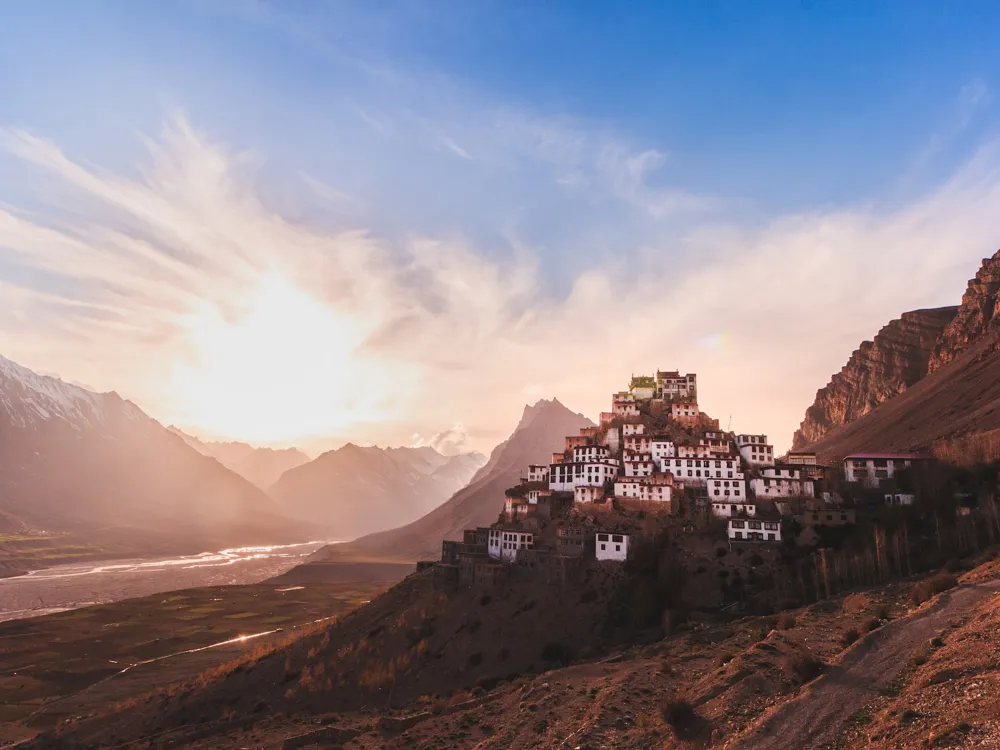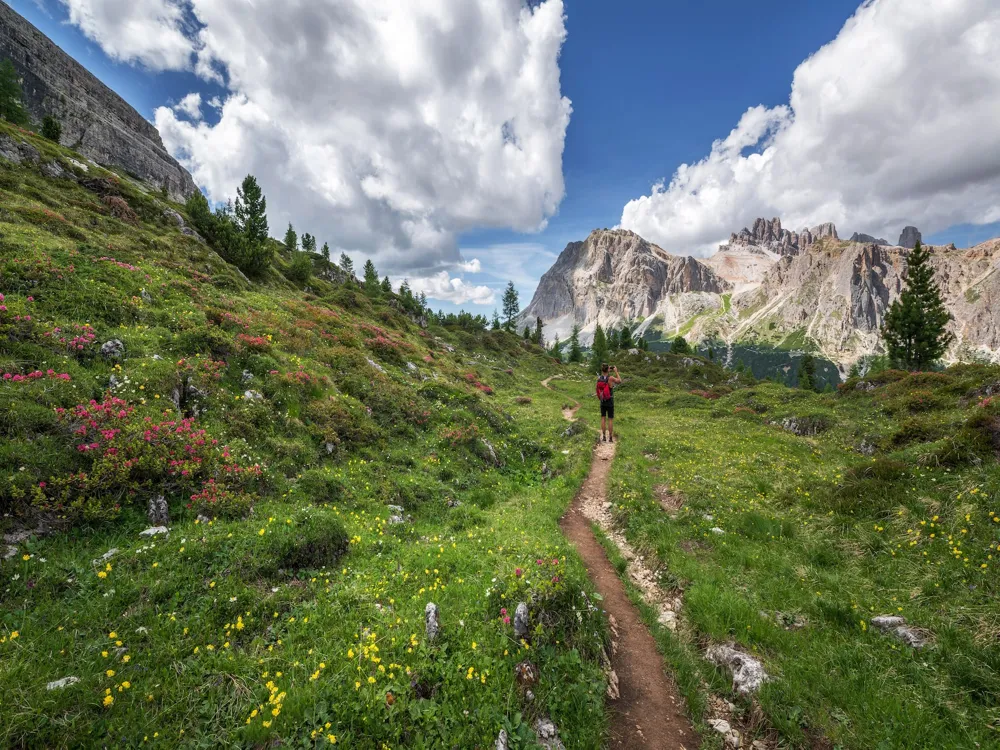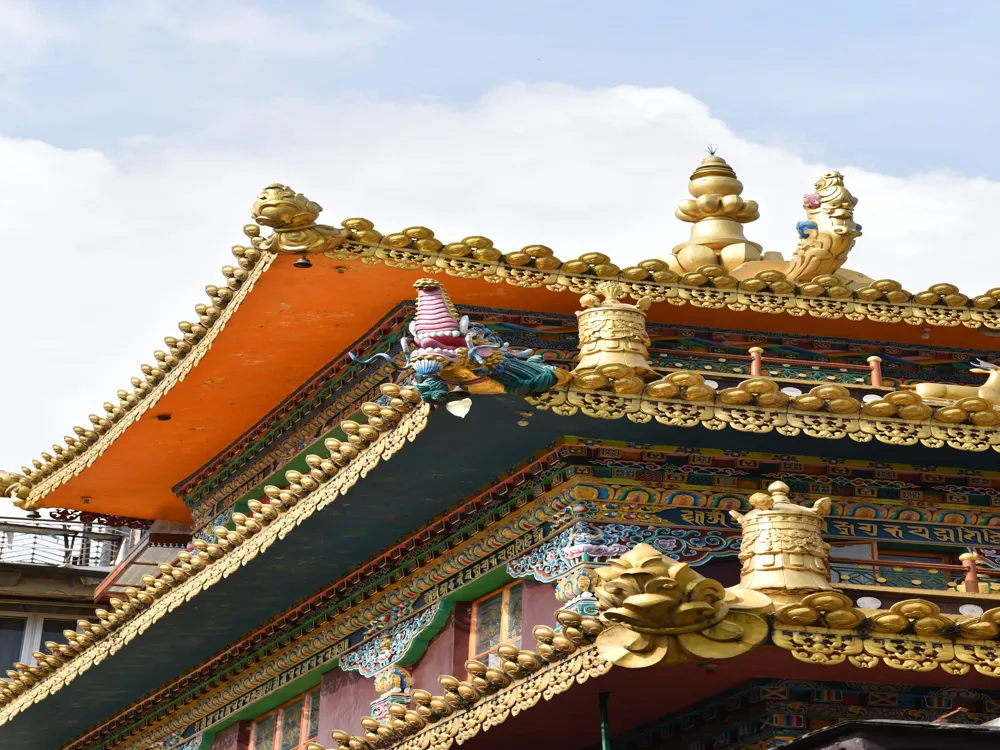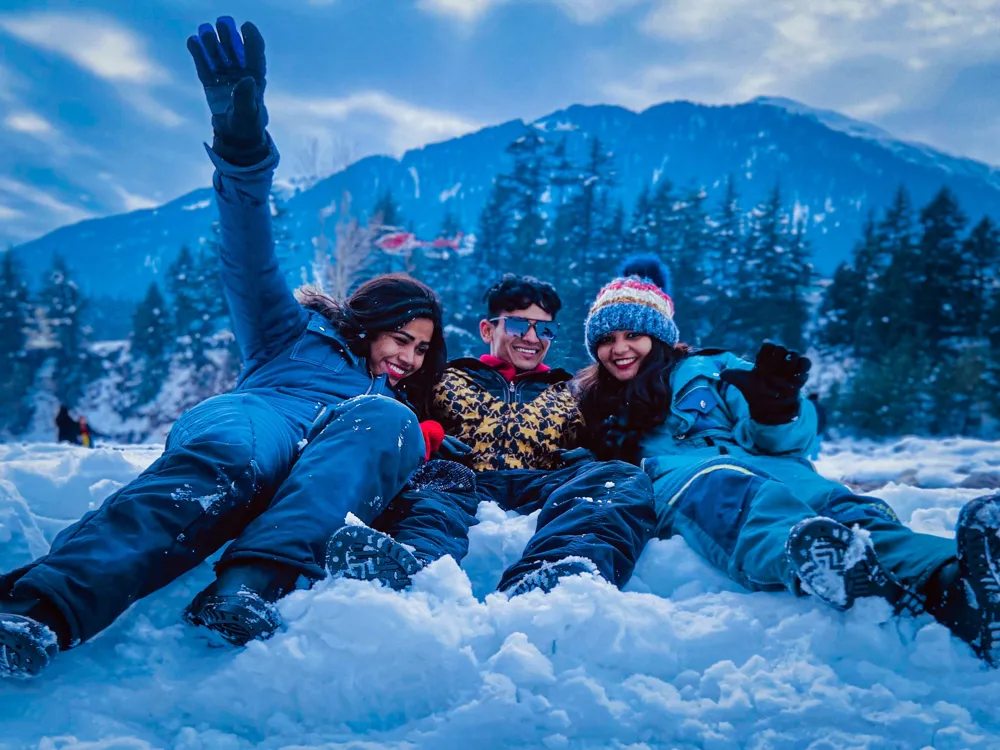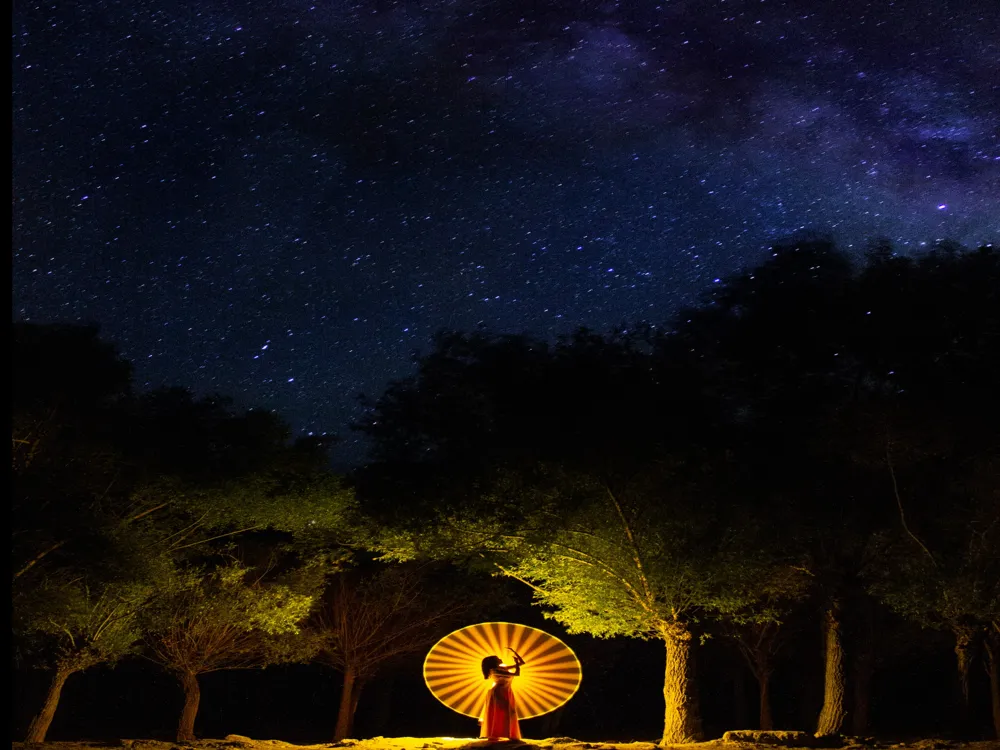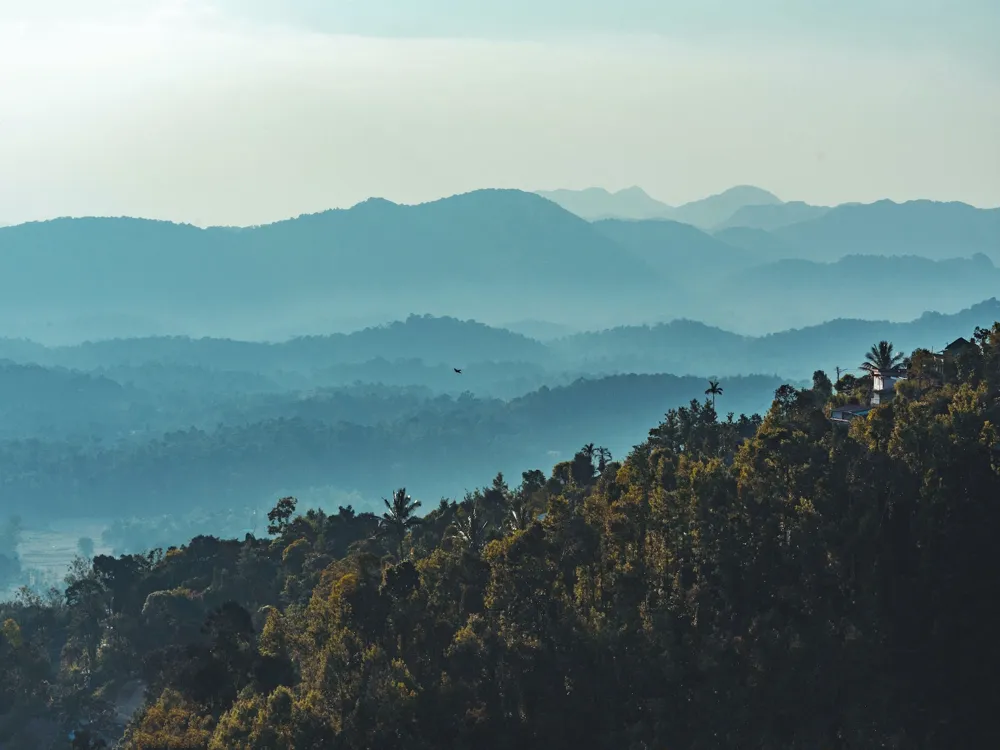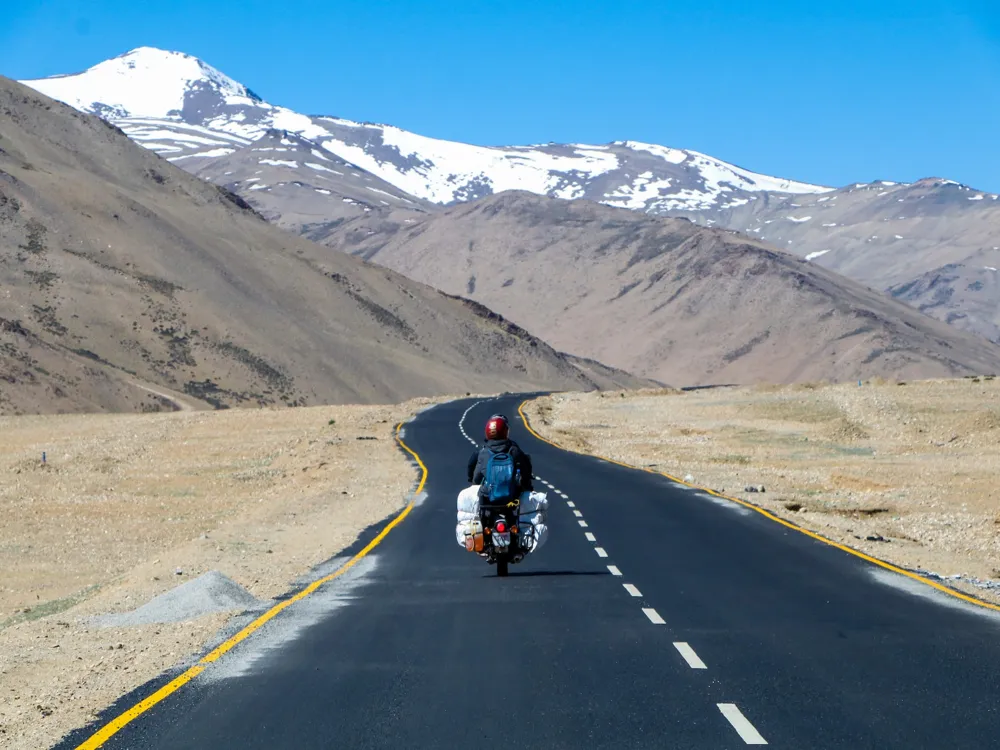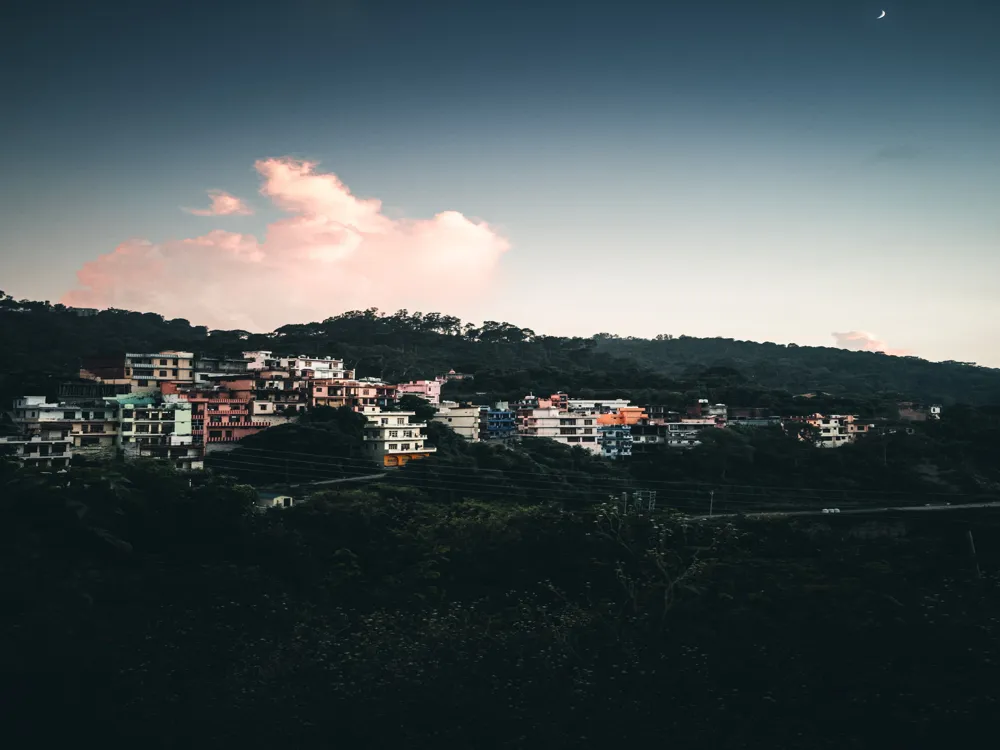Best Time to Visit Shojha
Himachal Pradesh India
29 out of 42 Places to visit in Himachal PradeshNaN onwards View Packages
Get Customized PackagesThe Land of Diversity
Top Hotel Collections

Private Pool

Luxury Hotels

5-Star Hotels

Pet Friendly
What is the Best Time to Visit Shojha?
Shojha, a serene village nestled in the Himalayas of Himachal Pradesh, India, offers captivating views and tranquility. Understanding the ideal time to explore this picturesque destination can significantly enhance your experience.
More about Best Time to Travel to Shojha
Travel Peak Season in Shojha
The peak season in Shojha typically extends from March to June and September to November. During these months, the weather remains pleasant, making it perfect for trekking, nature walks, and enjoying the stunning landscapes.
Travel Offseason in Shojha
Contrarily, the offseason, from December to February and July to August, experiences colder temperatures and occasional snowfall or rain. While this period sees fewer tourists, it provides a peaceful ambiance for solitude seekers and snow enthusiasts.
Shojha Travel Packages
View All Packages For Shojha
Shojha in Shoulder Season
The shoulder seasons, spanning from September to November and February to March, offer a balance between manageable weather conditions and fewer crowds. Visitors can relish moderate temperatures and witness the village's serene beauty.
Shojha in Hot Season
From March to June, Shojha experiences its hot season. While temperatures rise, adventure enthusiasts might still prefer this time for outdoor activities, provided they're prepared for the warmer weather.
Shojha in Rainy Season
The rainy season, occurring from July to August, brings occasional showers. While outdoor activities might be limited, the lush greenery and the rejuvenated landscapes offer a soothing and refreshing atmosphere.
Shojha in Cool Season
Finally, the cool season, from December to February, brings colder temperatures and occasional snowfall. It's an excellent time for experiencing the winter charm, witnessing snowfall, and indulging in cozy moments amidst the serene Himalayan landscapes.
Understanding Shojha's diverse seasonal variations allows travelers to plan their visit based on personal preferences, ensuring a serene and delightful experience amidst the natural beauty of this Himalayan retreat.
Places To Visit In Shojha
View All Places To Visit In ShojaNearby Places Shojha
Shojha Photos
Browse Package Collections
Browse Hotel Collections
Faq
Q: When is the best time to visit Shojha?
A: Shojha is a year-round destination, but the best time to visit depends on your preferences. Summers (April to June) offer pleasant weather and blooming landscapes, while winters (December to February) bring snowfall and a magical white landscape. Choose according to your desired experience!
Q: Are there specific months to avoid due to weather extremes?
A: While Shojha is enchanting throughout the year, monsoon months (July to September) may witness heavy rainfall, potentially affecting travel plans. If you prefer dry weather, it's advisable to plan your visit outside the monsoon season.
Q: What can I expect during the winter months in Shojha?
A: Winter (December to February) transforms Shojha into a winter wonderland with snow-covered landscapes. If you enjoy snowfall and chilly temperatures, this is the perfect time for you. Be prepared for sub-zero temperatures, and make sure to pack accordingly.
Q: Is Shojha accessible during the monsoon season?
A: Shojha remains accessible during the monsoon, but heavy rainfall may lead to roadblocks and landslides. It's essential to check the weather conditions before planning your trip during these months.
Q: What activities are popular during the summer season in Shojha?
A: Summer (April to June) is ideal for trekking, nature walks, and exploring the lush greenery around Shojha. The weather is pleasant, making it suitable for outdoor activities.


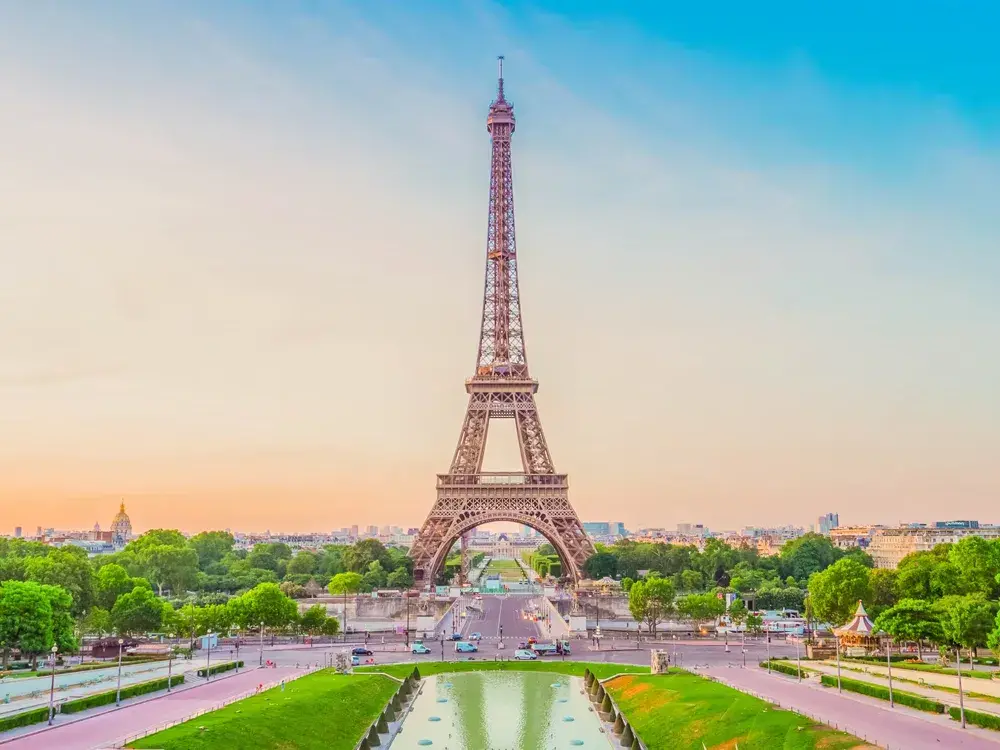
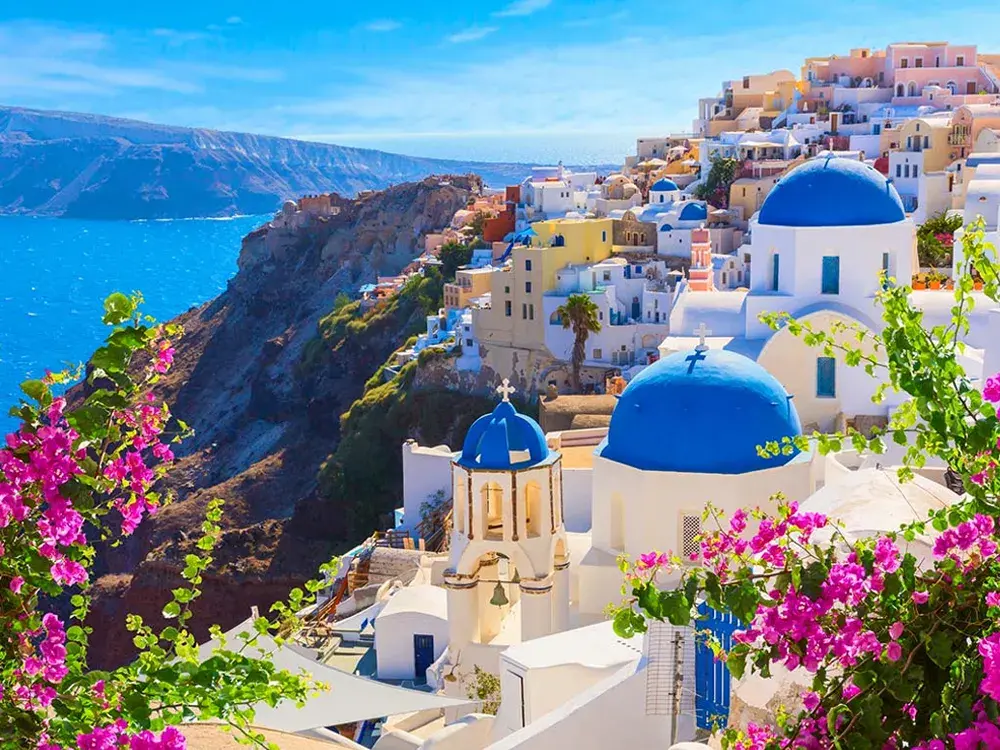
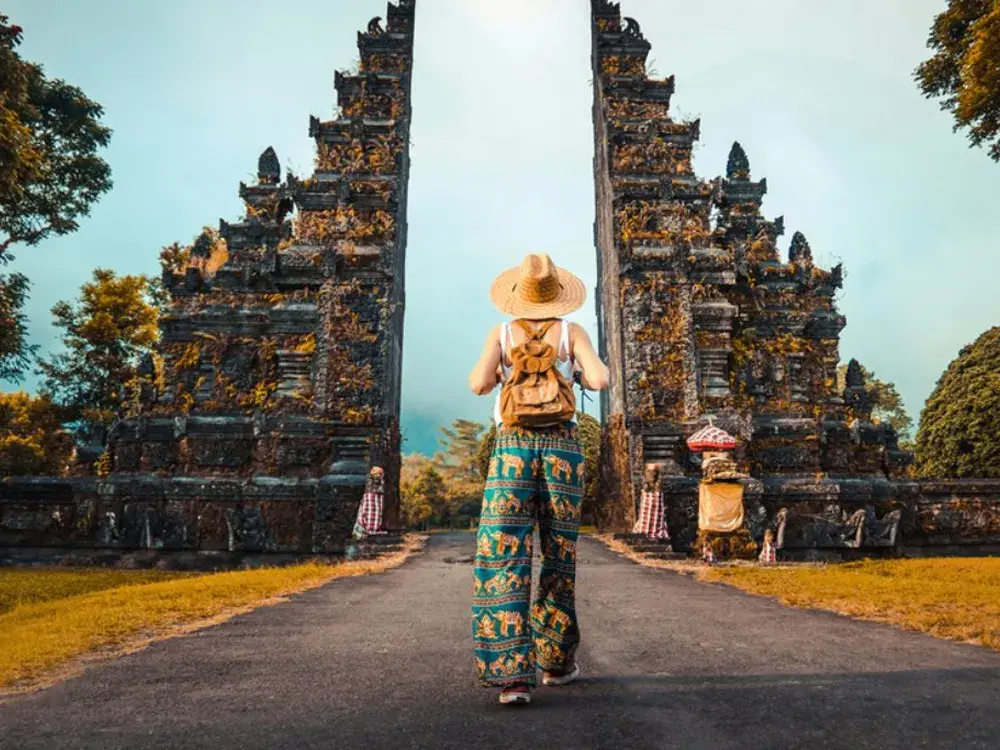
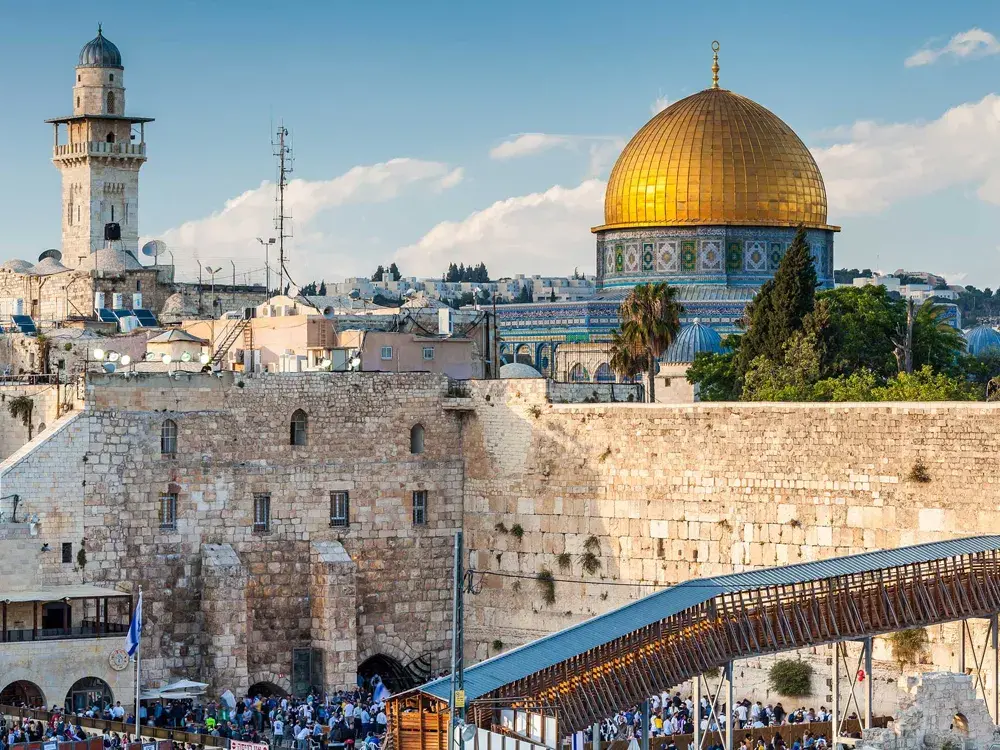
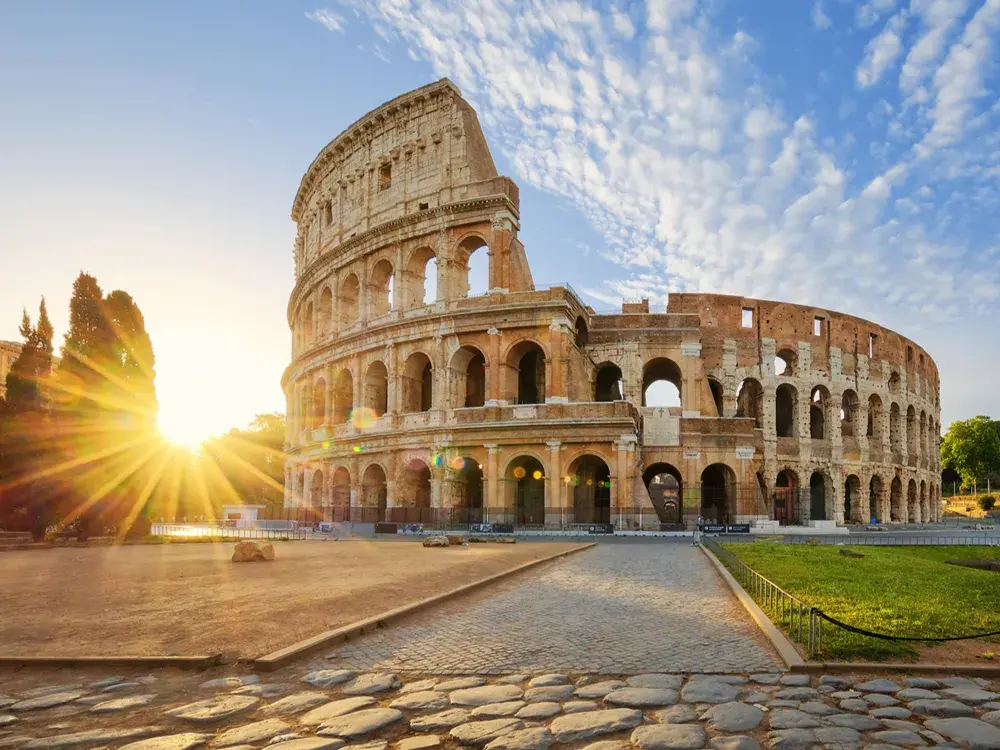
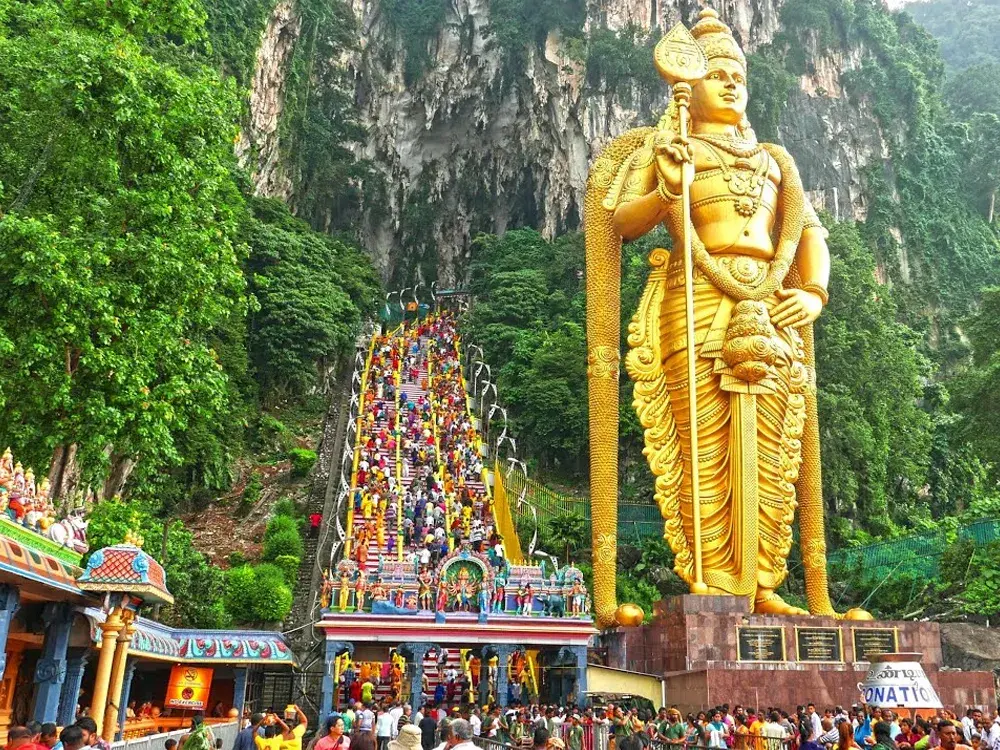
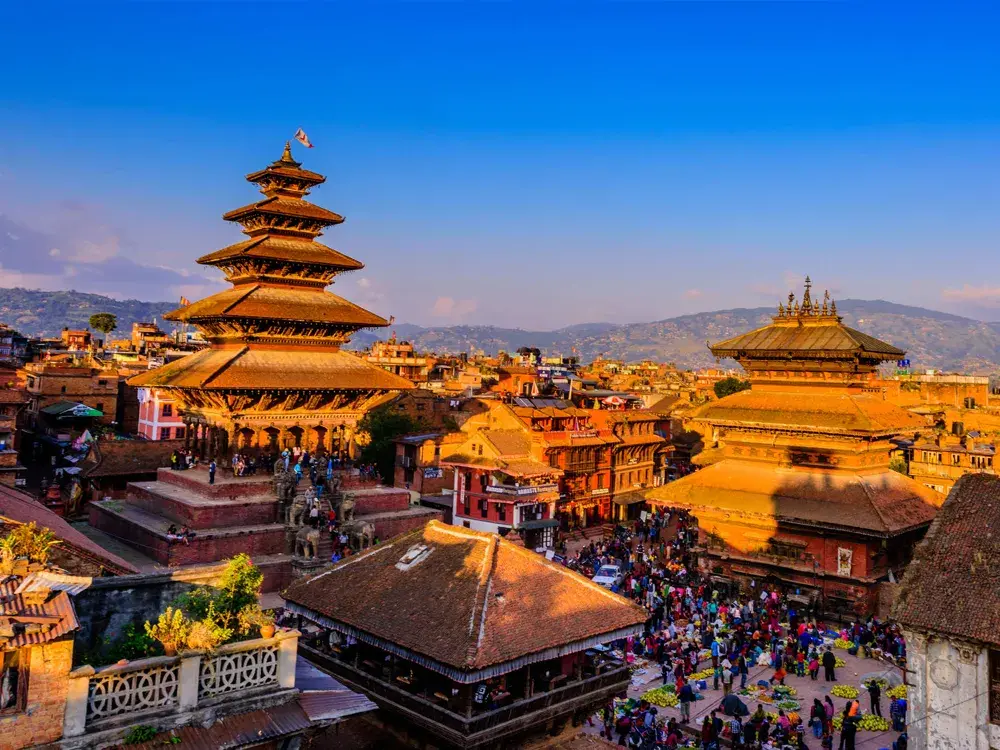
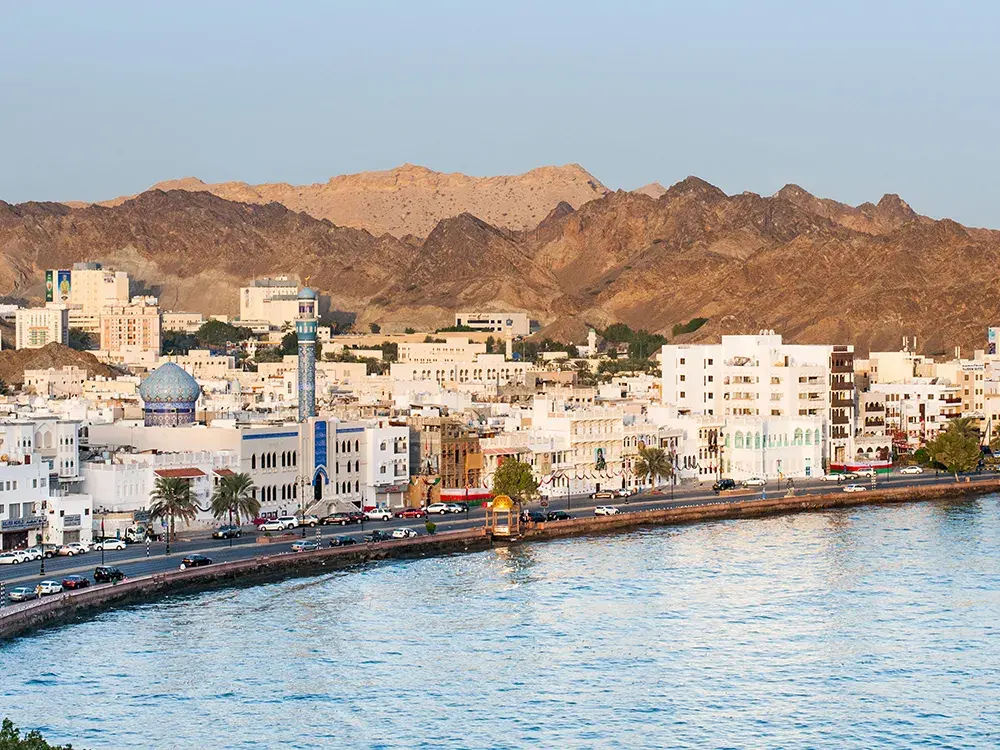
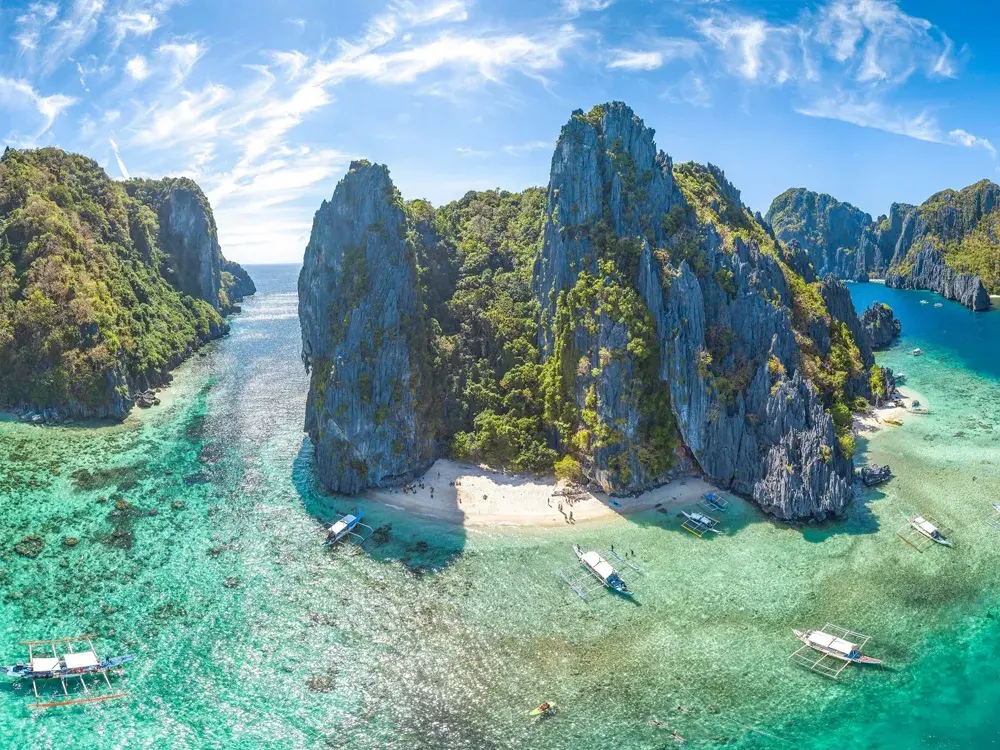
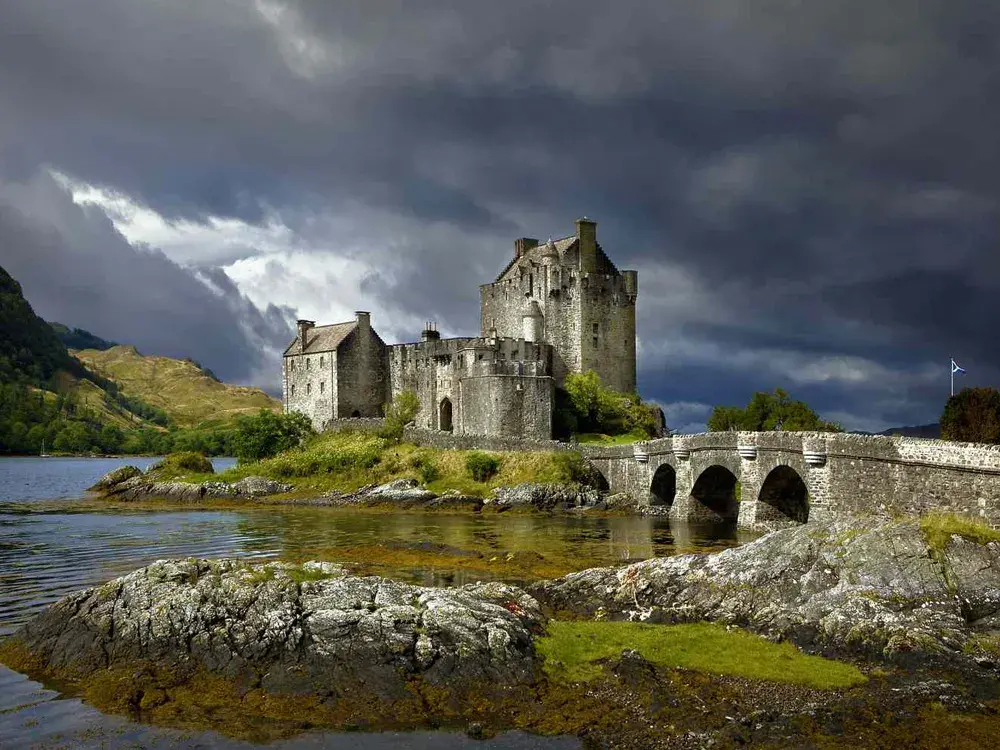
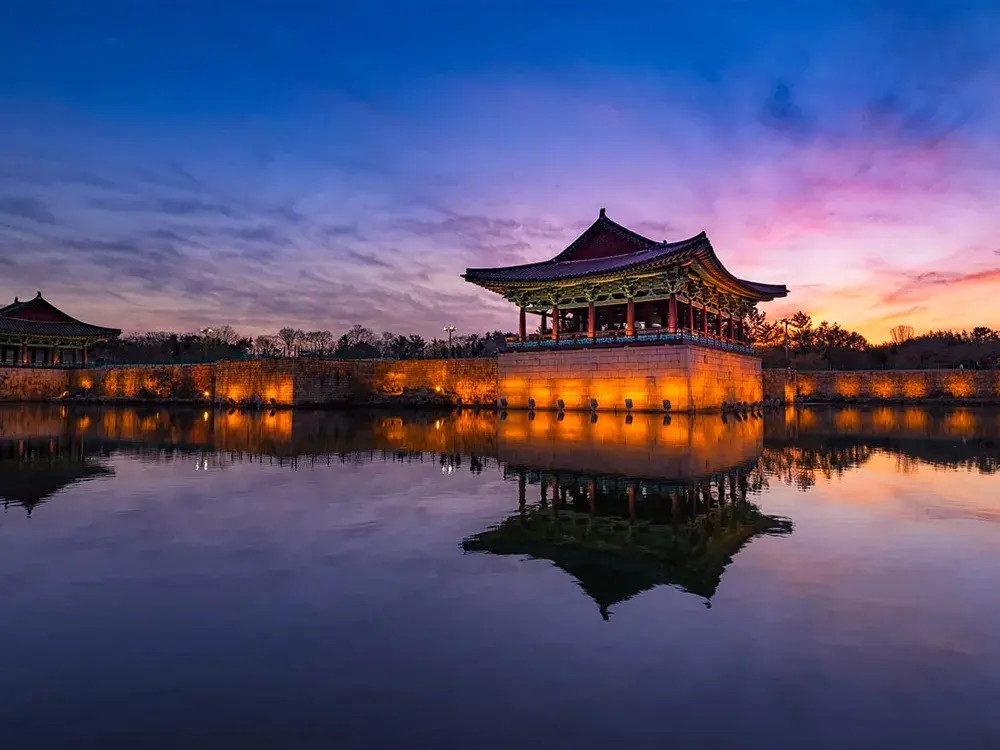
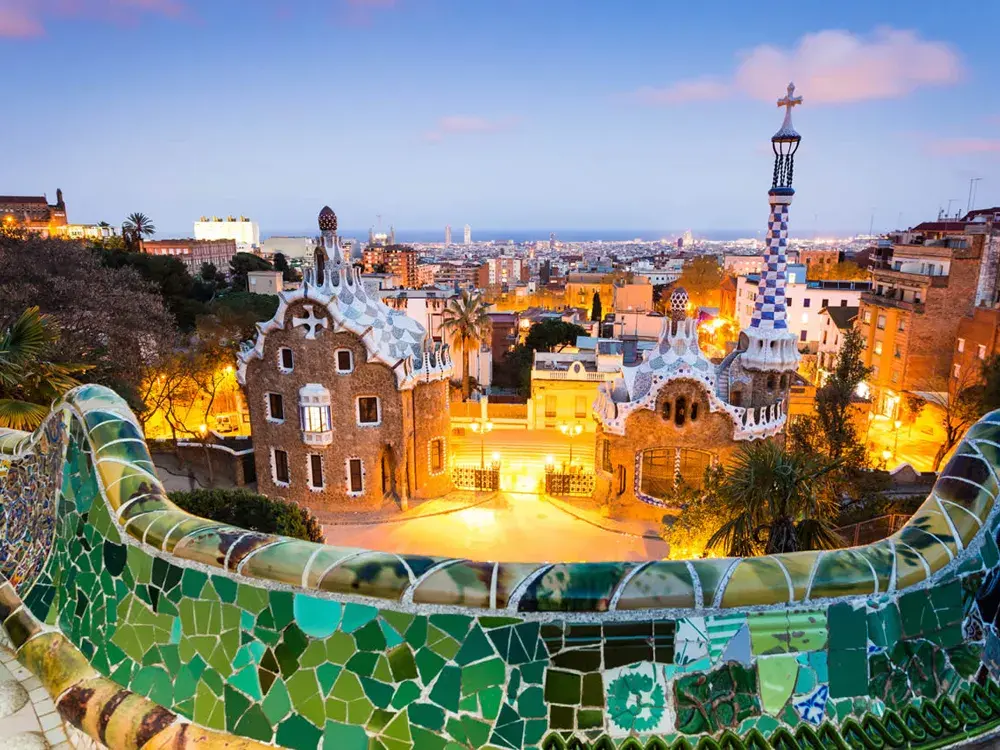
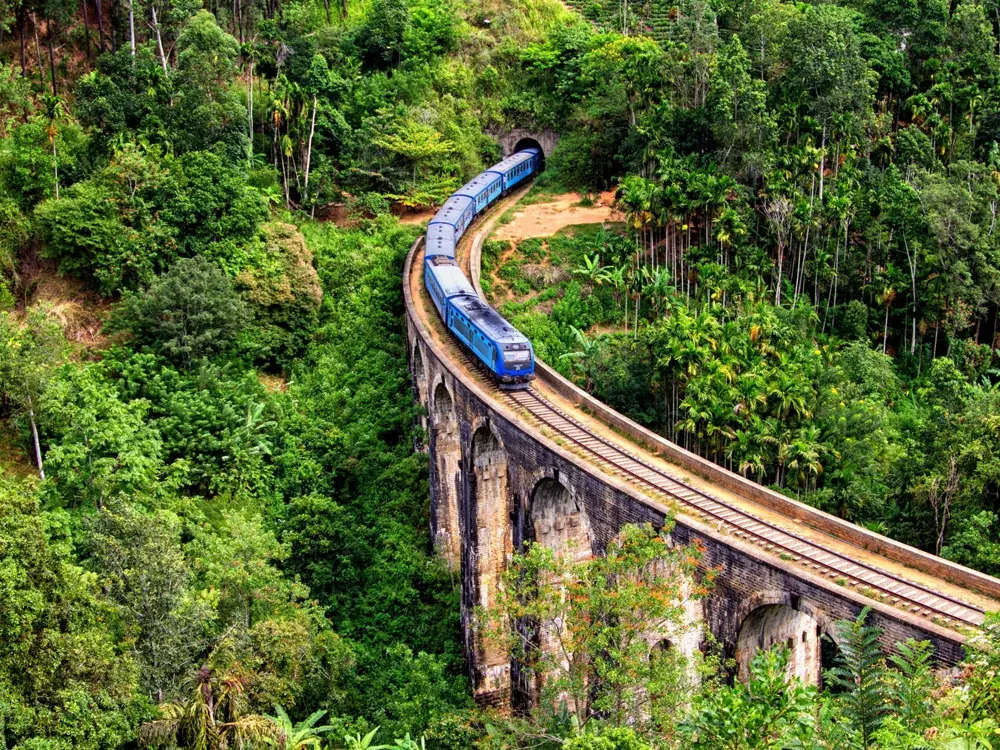
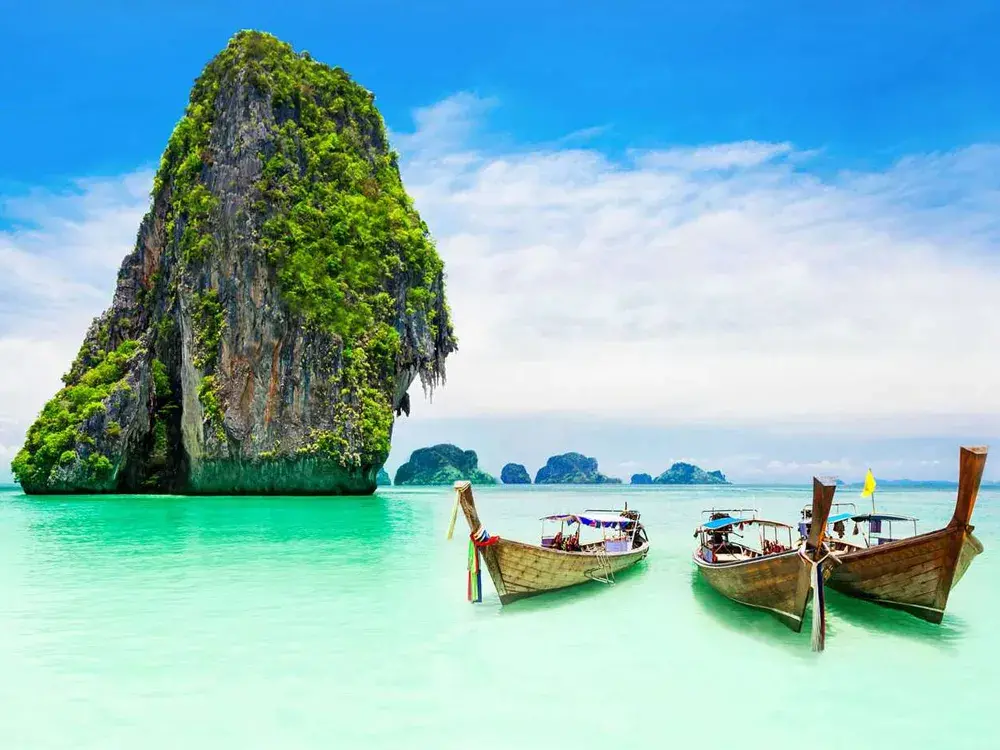

.webp)

